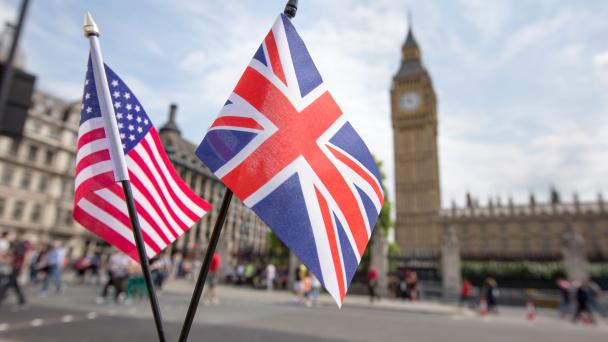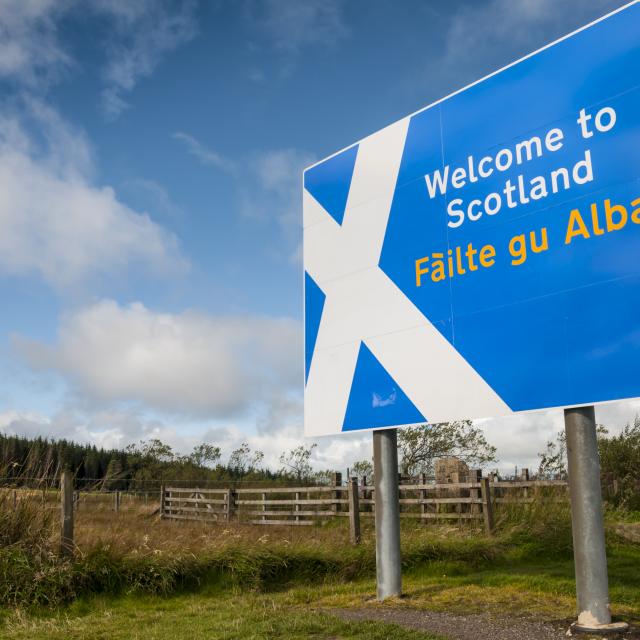Demographic Divides: What drives attitudes in the UK and US?


When the Scottish Parliament first met on 1 July 1999, the public had high expectations. As many as 81% told the first Scottish Social Attitudes (SSA) survey that year that they trusted the new institution to work in Scotland’s best interests ‘just about always’ or ‘most of the time’. Meanwhile, 64% anticipated that the new body would give ‘ordinary people’ more say in how they are governed.
Most also wanted the new institution to be powerful. As many as 74% said the Scottish Parliament ought to have most influence on the way Scotland is run. Just13% felt that the UK Government should.
As a new report based on 25 years of SSA data and published by the Scottish Centre for Social Research reveals today, meeting those hopes and expectations has not been easy. And although, after a shaky start, devolution is thought to have had some success in the eyes of the public, it has not been sufficient to assuage the demand for independence.
The early years were difficult for the parliament as the cost of its new building mushroomed well beyond its original budget. Between 2000 and 2006 only around three to four in ten reckoned devolution was actually giving ordinary people more say in how they were being governed. Even after two full four year terms had passed, still only 28% thought the devolved institutions had most influence.
The parliament scored rather better in the early years on being trusted to work in the country’s best interests. Even so, with between a half and two-thirds saying they now did so, the proportion was still well down on the four-fifths who had expressed that view when the new institution opened.
Still, public evaluations did improve from 2007 onwards following the transfer of power that year from a Labour-Liberal Democrat coalition government to a SNP administration. Now between six and seven in ten regularly stated that they trusted the devolved institutions to work in Scotland’s long-term interests. Between 2007 and 2013 the proportion who felt having a Scottish Parliament was giving ordinary people more say stood on average at 40%, and then it increased to 59% in the years following the independence referendum.
By 2011, as many (38%) reckoned that the Scottish Government was having most influence as believed the UK Government was doing so (38%). This, however, was still far short of the proportion who reckoned the devolved institution should have most influence. Throughout the last quarter of century never have fewer than 63% expressed that view.
Meanwhile, more recently the reputation of the devolved institutions appears to have taken a bit of a knock. The proportion who trust the Scottish Government to work in Scotland’s best long-term interests fell on SSA ‘s last reading of the question (in 2023) to 47%, as did the proportion who reckoned the parliament was giving ordinary people more say.
In short, there has always been a gap between the hopes and aspirations that people in Scotland had and still have for devolution and their perception of how things have turned out in practice. Against that backdrop, it is perhaps not surprising that, contrary to the hopes of many of its architects, the creation of the Scottish Parliament has not succeeded in ending the debate about independence.
Rather, Scotland is more divided on how the country should be governed now than it was in 1999. Then, in response to a question that SSA has asked every year since, 59% said they thought Scotland should have its own parliament within the framework of the UK, while just 27% backed leaving the UK (just 10% rejected the idea of Scotland having any kind of parliament of its own). Now, in our latest survey conducted last autumn, 47% support independence, compared with 41% who prefer a devolved parliament (and 9% who do not want a parliament at all).
Although the Yes side lost the 2014 referendum, it is now clear that the ballot left a legacy of increased support for independence. In 2012, as preparations for the referendum were being made, just 23% supported independence. By 2017 the figure had reached 45%, and it has not fallen below that level since.
And in an indication of how the gap between hope and the perceived reality of devolution matters, support for independence in our 2023 survey stood at 73% among those who said the devolved government should have most influence over the way Scotland is run but reckoned that in practice the UK Government was the more influential.
So far, at least, the devolution project can only be regarded as a partial success in the battle for public opinion.
Receive a regular update, sent directly to your inbox, with a summary of our current events, research, blogs and comment.
Subscribe